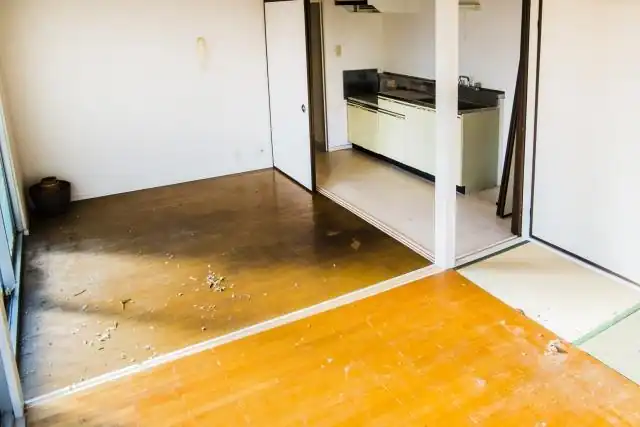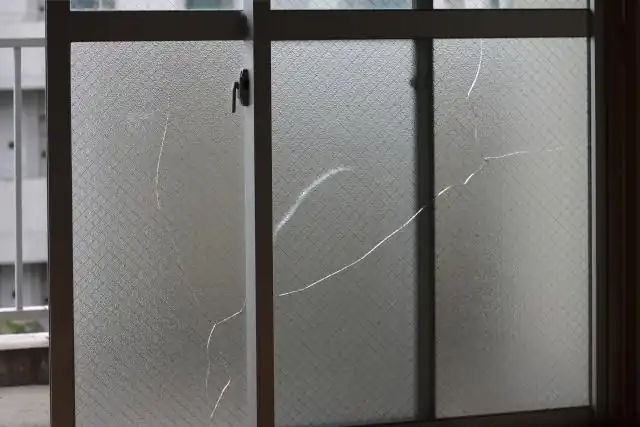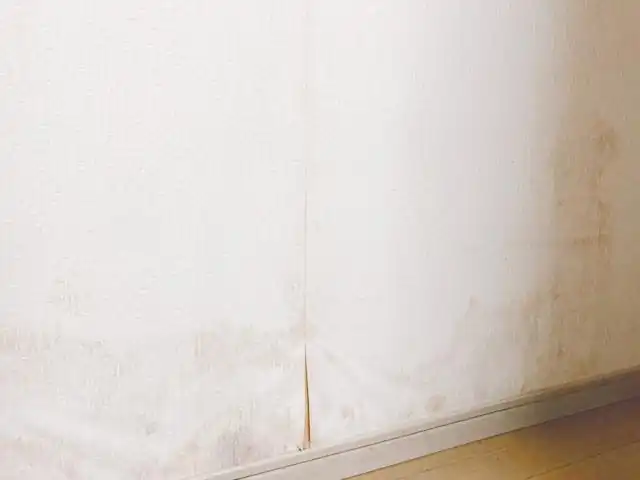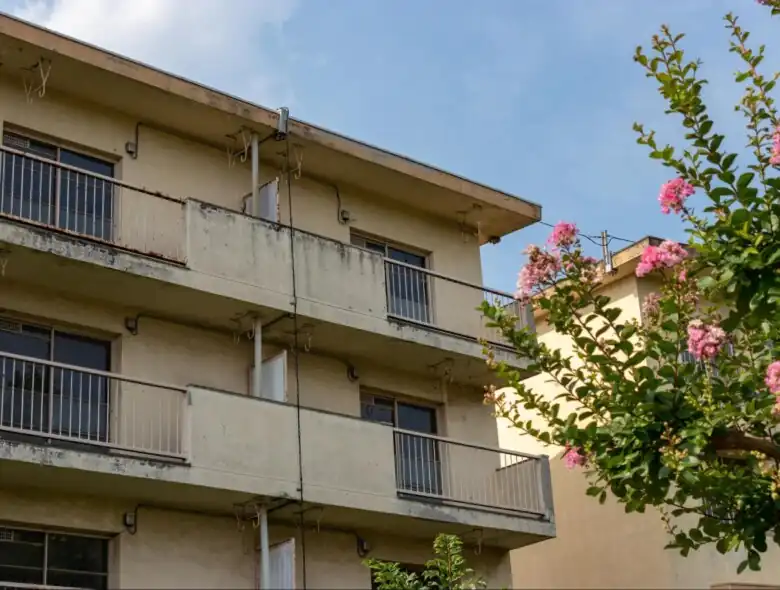“I’m thinking of moving, but I’m worried about how much the repair costs will be.”
“If it’s due to deterioration over time, do I not have to pay for reparations?”
“Is it true that the repair costs are cheaper if you have lived in a place for a long time?”
When considering moving, many people are concerned about the repair costs. To get straight to the point, tenants are not required to bear all the repair costs for stains and scratches. The key point is whether those stains and scratches are due to deterioration over time or whether they fall within the scope of the tenant’s obligation to restore the property to its original condition.
In this article, we will introduce the concepts of deterioration over time and restoration to original condition, along with information on repair costs and contact details in case of disputes.
At Village House, there are no security deposits, key money, handling fees, or renewal fees required. If you want to save on initial costs, please visit our website.
What is the difference between deterioration over time and normal wear and tear?

Deterioration over time refers to the decline in quality over time. For example, the color of walls or flooring may fade due to exposure to sunlight, or seals and gaskets in equipment may deteriorate depending on the environment. These reductions in quality are considered deterioration over time.
On the other hand, it is important to remember that normal wear and tear refers to scratches and stains that occur naturally as a result of everyday living, such as dents in floors and carpets caused by placing beds or furniture, or electrical burns on the wall behind a washing machine or television.
According to the guidelines, repair costs due to deterioration over time and normal wear and tear are generally the responsibility of the landlord (lessor). This is because such costs are considered to be included in the rent.
However, if there are special clauses in the rental agreement regarding restoration to the original condition, those special clauses will take precedence. Therefore, it is advisable to review the rental agreement again.
What are the costs for restoration to the original condition?

When renting a property, tenants (lessee) must restore the property to its original condition. According to the guidelines, this obligation means that if the damage is caused by intentional actions, negligence, or a failure to clean, the tenant is considered responsible for the repairs and must pay for the repair costs.
For example, scratches on the flooring or walls caused by moving furniture or water stains or mold in the bathroom or toilet due to neglect. Additionally, yellowing or odors on walls caused by smoking are not naturally occurring and therefore fall under the tenant’s responsibility to restore the property to its original condition.
Locations prone to deterioration over time, such as wallpapers, floors, and wet areas

Walls (Wallpaper)
- Discoloration of wallpaper due to sun exposure
- Darkening caused by refrigerators or televisions
- Marks from thumbtacks or pins
- Holes or marks from the installation of the tenant’s air conditioner
Marks from posters or thumbtack holes are considered normal wear and tear. However, if the baseboard is damaged in any way, the tenant will likely be responsible for the repair costs.
Floors (Flooring) and Tatami
- Discoloration of flooring or tatami due to sun exposure
- Dents in the floor caused by furniture or electrical appliances
Dents or marks from furniture are considered normal wear and tear. However, scratches, rust marks, or color transfer caused by furniture are the tenant’s responsibility.
Water Areas
- Cracks in bathroom tiles due to deterioration over time
- Deterioration of faucet gaskets
- Deterioration of the ignition switch on the kitchen stove
Water stains or mold in the bathroom and grease stains around the kitchen can be prevented with regular cleaning. Therefore, if the stains are severe, the tenant may be responsible for the repair costs.
Fixtures and Pillars
- Replacing deteriorated screen doors
- Damage to glass caused by disasters
- Naturally occurring heat cracks in wire-reinforced glass
- Leaks due to building deterioration
A common issue is heat cracks in wire-reinforced glass, which are prone to occur due to temperature differences. These often occur naturally on winter mornings but can also be caused by hot air from a hairdryer or air conditioner. There are cases where it may be determined that the heat cracks were caused by the tenant so caution is necessary.
Longevity of a property

The longevity or service life (also called durability period) refers to the period from when the equipment is newly installed until it loses its value. The guidelines define it as “the period until its value is reduced to 1 yen due to deterioration over time.” Repair costs that tenants are responsible for are calculated based on the equipment’s service life and the duration of occupancy, so if repair costs arise, the decrease in property value due to the passage of time will not be charged.
For example, if a piece of equipment has a service life of six years, and its value when it was new is 100%, after three years its value will drop to 50%. If the total repair costs are ¥150,000, the tenant will only have to pay 50%, or ¥75,000.
The service life of wallpaper is 6 years. Therefore, even if it was replaced when you moved in, you will not have to pay for repair costs if you have lived there for 6 years. However, please note that if the wallpaper becomes dirty due to smoking, the tenant will be responsible for the repair costs regardless of the service life.
The costs of repairs will be deducted from the security deposit

Any repair costs other than those related to deterioration will be deducted from the security deposit, and any remaining balance will be refunded. However, it is not uncommon for additional charges to be incurred if the repair costs exceed the security deposit.
The following are repair costs that are commonly charged:
Flooring and Tatami
- Stains or dirt from drinks or food
- Scratches caused by moving furniture
- Dirt or scratches caused by pets, etc.
Walls (Wallpaper)
- Stains or odors from cigarette tar
- Dirt or mold caused by neglecting cleaning
- Holes from thumbtacks or nails that require replacement of the baseboard, etc.
Water Areas
- Water stains or mold caused by neglected cleaning
- Cracks or scratches in the toilet, bathtub, sink, etc.
If you neglect cleaning and let your room get dirty, the repair costs can become quite high. To minimize the repair costs of restoration to its original condition, make sure to clean it frequently whenever you notice any dirt.
Consultation services for repair disputes

If you receive a bill that you believe is unjustified, such as being charged for repairs due to deterioration over time, one option is to consult an expert.
At each of the offices described below, you can receive a free consultation on disputes regarding moving-out costs, including deterioration over time. When inquiring, say, “I received an estimate for move-out costs and would like to consult about the restoration to original condition.” The staff at the offices are experienced in dealing with such cases and can provide you with appropriate advice.
| Consumer Hotline | Phone Number:116 Reception Hours:Varies by prefecture |
| National Consumer Affairs Center | Phone Number:03-3446-1623 Reception Hours: 10 AM––12 PM & 1 PM––4 PM Excluding weekends, holidays, and New Year holidays |
| Japan Consumers’ Association | Phone Number:03-5282-5319 Reception Hours:10 AM––12 PM & 1 PM––3 PM Tuesday, Thursday, and Friday |
| Real Estate Fair Trade Council | Phone Number:0570-021-030 Reception Hours:10AM––4 PM Excluding weekends, holidays, and New Year holidays |
| Japan Property Management Association | Consultation accepted in writing (Web Form, FAX, Mail) Reception Hours10 AM –– 5 PM Excluding weekends and holidays |
| Japan Legal Support Center (Houterasu) | Phone Number:0570-078-374 Reception Hours:Weekdays 9 AM––9 PM & Saturday 9 AM––5 PM Excluding Sundays, holidays, and New Year holidays |
If the issue is not resolved, you can also consider options such as civil mediation or small claims court.
In civil mediation, a specialized staff member will mediate between the tenant and the real estate company (landlord) to help resolve the issue. The cost is approximately ¥1,000 and you can easily apply by simply filling out the application form at a summary court.
If civil mediation does not resolve the issue, you can file a small claims lawsuit to resolve the matter through court. Small claims lawsuits can only be used when the amount claimed is 600,000 yen or less. Additionally, as a general rule, the verdict is typically made in a single day, making it relatively easy to use. However, since court proceedings require fees, be cautious to avoid unnecessary expenses.
At Village House, there are no security deposits, key money, or handling fees required. If you are concerned about high move-out costs and want to save on initial expenses, please feel free to consult with us.
Related articles:
- Should You Repair Scratches on Hardwood Flooring? A Complete Guide to Fixing and Preventing Damage
- Rental Apartment Woes? Here’s Where to Get Expert Advice!
- How to Avoid Getting Billed Crazy Amounts When Moving Out
- Caring for Your Tatami: A Beginner’s Guide
- Bathtub Troubles: How to Remove Clogs

Hello, I’m Machiko Doi, a freelance writer who writes about housing and living in Japan.
I live in an 80-year-old house that I inherited from my grandparents along with my two shelter cats and daughter.
We live a relaxed life while repairing the house.
I like to cook vegetables from the garden and fresh fish caught by my father, and enjoy them with cold beer on a hot day or hot sake on a cold day.



